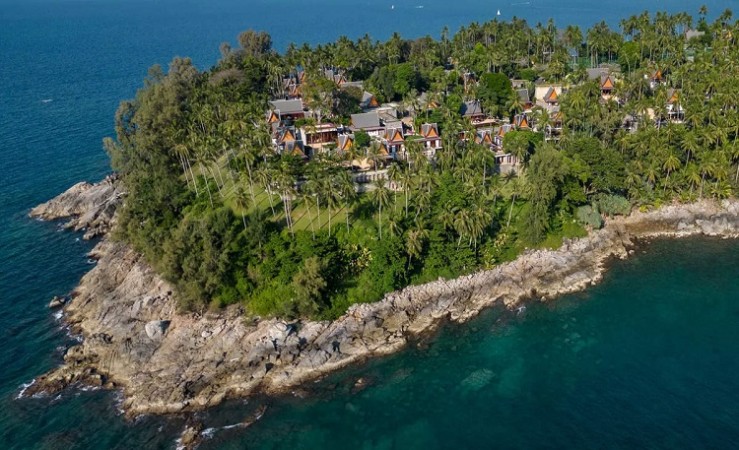
The Indian government is gearing up to initiate a significant development in the Great Nicobar region by inviting tenders for a colossal transshipment hub project in February. Estimated at a staggering Rs. 18,000 crore for its first phase, the proposed international container transshipment terminal aims to fortify India's presence on the global shipping map.
Spearheading this initiative, Sarbananda Sonowal, the Minister of Shipping, Ports, and Inland Waterways, revealed that nearly a dozen entities have expressed interest in the project. The process will proceed with the invitation of tenders once the terms are finalized.
The Ministry of Shipping, Ports, and Inland Waterways is set to draft a cabinet note for this public-private partnership venture and anticipates securing approval within the next three to four weeks. Following this, tenders for the inaugural phase will be issued.
An official from the shipping ministry, speaking anonymously, suggested that the bidding process is likely to conclude within the first quarter of FY25. The grand vision of the Rs. 43,700-crore international container transshipment terminal at Great Nicobar has already secured preliminary approval from the Union Finance Ministry.
This ambitious project unfolds in four phases, with the initial phase alone demanding an investment of Rs. 18,000 crore to facilitate a capacity of four million twenty-foot equivalent units (TEUs) or 60 million tonnes of containerized cargo. The infrastructure blueprint encompasses berthing facilities, worker townships, and a breakwater facility for ships.
While officials estimate a 28-year timeline for the entire project's completion, this duration might shrink depending on the volume of business the hub attracts.
Originally slated for launch in 2022 after Prime Minister Narendra Modi's announcement in 2020, the Great Nicobar transshipment project faced setbacks due to environmental clearances and opposition from environmentalists. However, these hurdles have now been resolved.
Positioned strategically along the international sea route, merely 40 nautical miles away, the proposed hub at Great Nicobar holds pivotal importance. Its natural draft of 20 meters is conducive for docking large ships. Notably, other existing terminals on this route include Singapore, Klang, and Colombo.
The project forms a crucial component of the larger Rs. 72,000-crore Great Nicobar initiative, encompassing an international airport, township development, and a gas and solar power plant spread across 16,610 hectares on the island.
The primary focus of the first phase involves establishing port infrastructure such as breakwaters, berths, storage areas, buildings, utilities, and container and cargo handling equipment. Being a public-private partnership (PPP) venture, the government will aid in core infrastructure development, while private entities will operate the port and container services for 30-50 years, sharing revenue with the government.
Great Nicobar holds strategic significance for India, with more than 75% of the country's transshipment cargo currently handled by ports outside its borders. The proposed facility in Great Nicobar aims to absorb a significant portion of this cargo, along with international shipments traversing other supply routes.